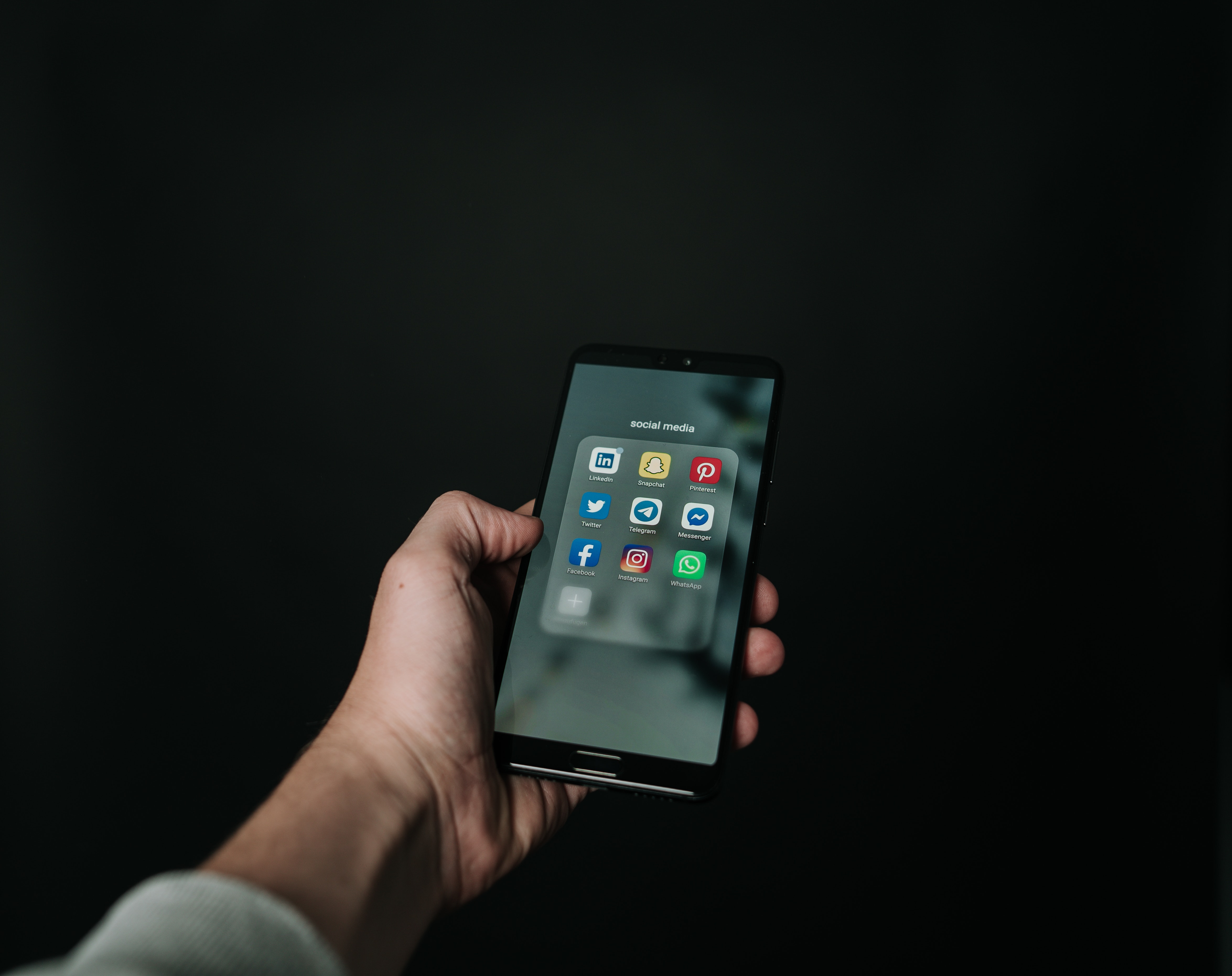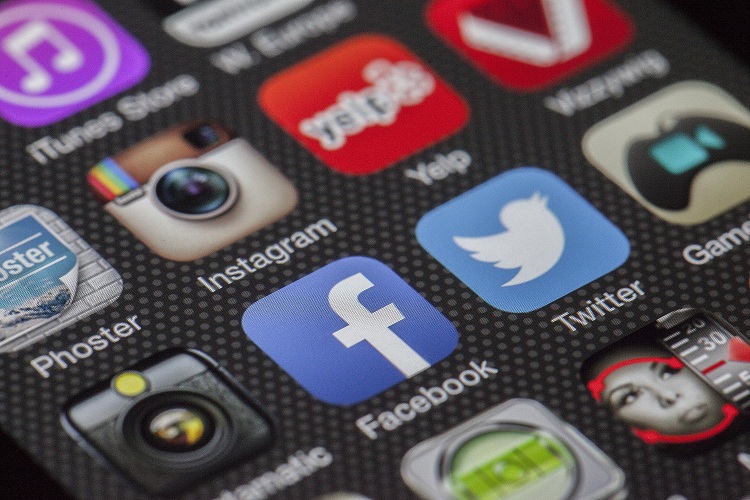
How Your Social posting Can Affect Your Visa Chances
Sometime in 2021, an international student secured admission into one of the prestigious universities in Canada. He has an extensive travel history, enough funds to spend at least five years in the country without working, and complete documents, but his
Share
Social media has shrunk the way we do things through its connectivity. We can talk to our loved ones, connect to a virtual world, and improve our lives with social media presence, but it can hamper our chances of relocating to many countries.
Sometime in 2021, an international student secured admission into one of the prestigious universities in Canada. He has an extensive travel history, enough funds to spend at least five years in the country without working, and complete documents, but his visa application was rejected.
He couldn't appeal when he read the reason for the refusal. Immigration officers in some European countries and North America look up applicants' social media profiles before they can grant them visa approval. The social media scrutiny leaves many applicants in limbo, especially keyboard warriors.
Social media has shrunk the way we do things through its connectivity. We can talk to our loved ones, connect to a virtual world, and improve our lives with social media presence, but it can hamper our chances of relocating to many countries.
So, next time the impulse to share your radical views comes up, you should think thrice before making that post.

Should I be worried about what I share publicly on social media?
You should be intentional and thoughtful about the information you share on social media. In addition, ensure that you have correct information about your birthday or current job title. However, you cannot be denied a visa because of your political views, ethnicity, race, religion, sexual orientation, or gender.
Immigration officers use your profile details to cross-check what you wrote on your application form. In addition, your cell phones or laptops could be accessed at the ports of entry and border posts to understand who you are through your posts and social media profile.
For applicants for Canadian Permanent Residency, you must know that the country does not want to welcome agitators or troublemakers, and such personalities could be found on your social media presence.
We recommend that you don't post sensitive images that could impact your relocation abroad. Unfortunately, sharing on Facebook and other social media platforms is common, especially sensitive content. Before sharing such content with friends, remember that it could ruin your visa chances to most countries abroad.
Read: Japa Story: How Old Facebook Posts Denied Oluchi Her US Visa
Social media and Visa Applications
Regarding visa applicants, social media review has become the new normal. For instance, a visa like ESTA USA would demand that you provide your social media data when you want to complete your application form.
You must be mindful of your lifestyle on Instagram, Facebook, Twitter, and other social apps.
Why does the Embassy ask for social media?
Governments want to ensure that you are transparent about why you want to visit their countries. Social media is the perfect place to discover the truth about applicants. However, since people can lie about their life in their statement of purpose, their social media profiles can contradict them.
For instance, an applicant without a history of criminal record or terrorism may have a special interest in evil vices, especially extremist subjects on social media. Sometimes, an applicant may follow some accounts with extreme views about sensitive matters or like such posts.
When immigration officers look at such profiles, they can quickly form an opinion about the applicant, which may result in a visa denial.
“According to the Federal Circuit Court of Australia, information on Facebook and social media does have an evidentiary value. In other words, information retrieved from social media can be used as evidence to affirm or denounce a visa applicant’s claim.”
Which countries perform the social media test?
Most developed countries can perform a social media test before making their visa application decisions on applicants. Countries like Australia, the United States, the United Kingdom, Singapore, New Zealand, Canada, and South Africa take the social media test seriously.
How do Immigration officials verify social media data?
Applicants may be required to provide their handles during application before decisions are made. Therefore, think before you add stuff on social media, especially when a new trend is on. You should ask yourself why you should join or share such a trend.

The ESTA and the Social Media
The ESTA is a travel authorization permit (not a visa) granted to citizens of certain countries to visit the US and stay for 90 days. ESTA has a two-year validity period, making it a popular visa form for people visiting the United States for tourism, transit, or business.
However, the aspect of social media scrutiny shoots people in the foot. ESTA has a social media data section that you must fill in your handles that you have used in the last five years.
If you are not a social media fan without any presence within this time frame, you can tick the “I do not have an online presence” box. However, you can be denied a visa if you lie about your social media life.
What if I no longer use the social media platform?
You are expected to provide your usernames for any social media platform you have used in the past five years. However, if you stopped using any of these platforms but used them three or four years ago, you must provide your username.
Why USCIS Reviews Social Media
USCIS uses the additional questions regarding your social media activities to identify threats to the country's national security. Therefore, stay away from posts suggesting gang violence or abuse.
In addition, comments meant to be sarcastic or ironic could lead to your visa delay or denial due to misinterpretation. Finally, ensure that your company does not have any illegal dealing because you will not get approval.
Possible Precautions to Take
· You should review your social media accounts before you apply for a visa for questionable activity from the last five years.
· Delete content that might cause misinterpretations or suspicions.
· Enhance your social media's privacy settings to restrict access to your account. For example, since you cannot reveal your passport, it makes it challenging for officers when you have a restricted account.
· Never falsify information on your social media account.
Does immigration look at Internet history?
No, USCIS officials do not check your social media accounts before approving your green card petition.

Does immigration look at your text messages?
No, USCIS does not have the authority to go through your phone
Why is DS 160 asking for social media?
Social media is vital information required by consular officers to decide your visa eligibility. As a result, social media identifiers do not invade students' privacy.